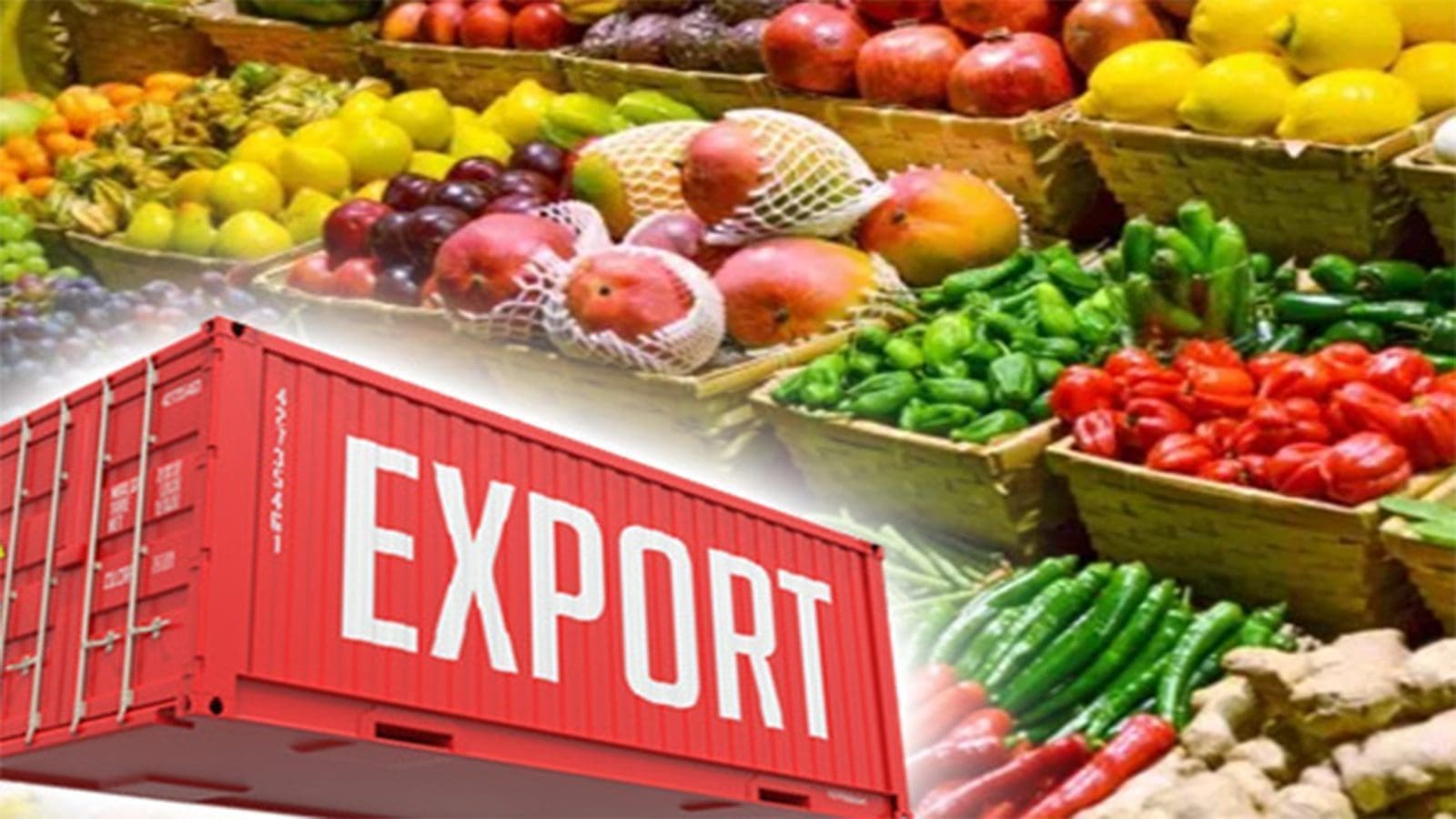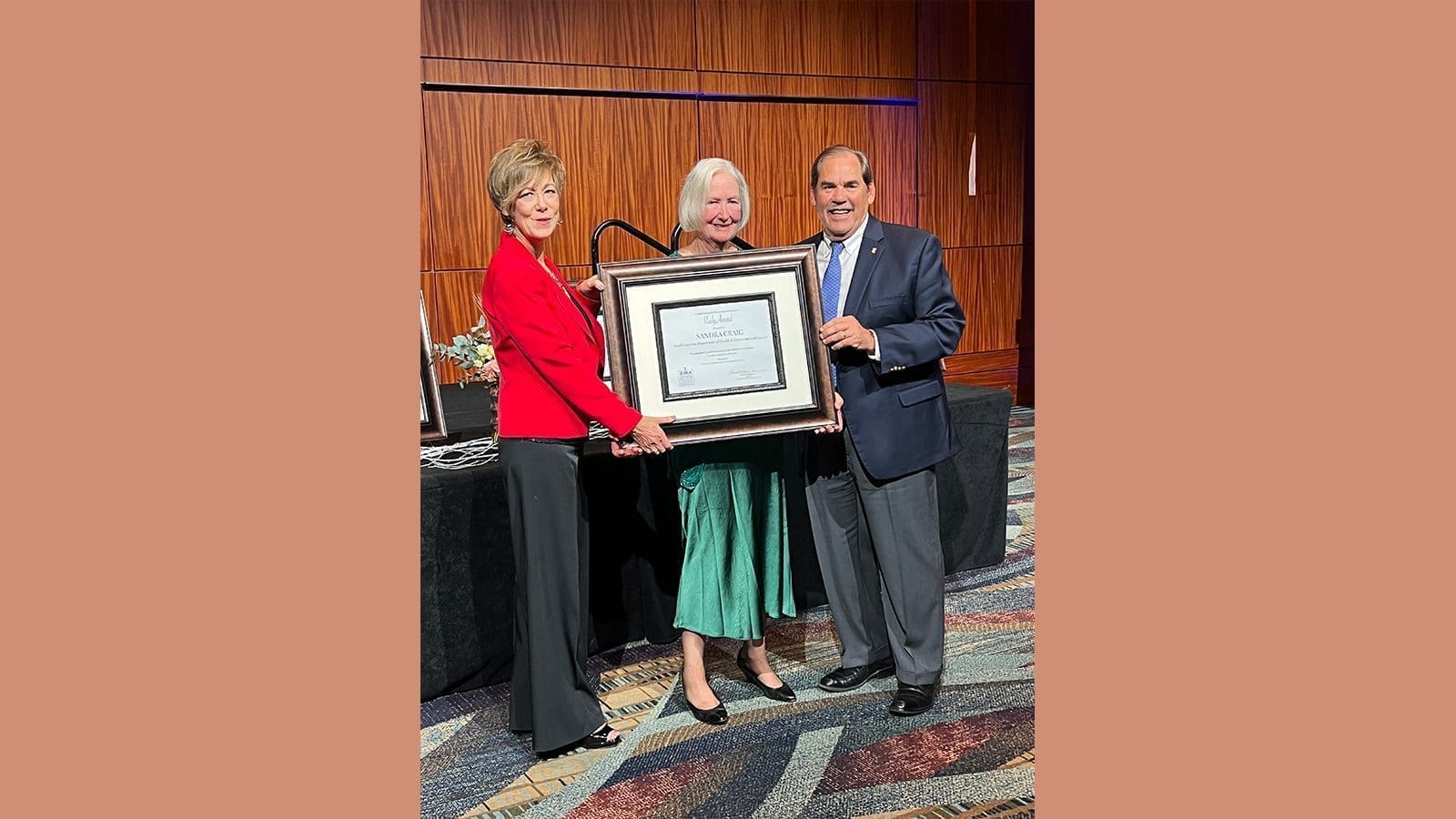NIGERIA – CropLife Nigeria, an international organization that promotes advancements in crop protection and plant biotechnology in collaboration with National Agency for Food and Drug Administration and Control (NAFDAC) has embarked on training agrochemical dealers on how to handle pesticides during planting and the post-harvesting period.
This is to help the country curtail the rejection of Nigeria‘s agricultural produce at the international market which is majorly attributed to failure to meet the phytosanitary standards.
In the first half of 2018, Nigeria exported agricultural products worth N343.4 billion (U.S$ 774,295,366), a 17.3% increase over the N292.8 billion (U.S$ 660,202,922) exported in the same period of 2021, based on a breakdown in the National Bureau of Statistics’ (NBS’) report on international commerce.
However, it represents an increase of 61.9% from the N212.1 billion (U.S$ 478,241,255) reported in the second half of 2021.
David Achimugu, President of CropLife Nigeria, highlighted that the volume of exports was being impacted by the rejection of agricultural products.
He clarified that a lack of knowledge regarding the safe and responsible usage of pesticides and other crop protection agents in agriculture, horticulture, and food storage was one of the factors contributing to the rejection of Nigeria’s agricultural exports abroad.
“Reported cases of food contamination, rejects of agricultural export commodities due to high pesticides arises from gross misuse and abuse of label instructions and poor knowledge and skills of the stakeholders in the agricultural chemical value chain,” he noted.
According to Achimugu, CropLife’s activities include integrated pest management (IPM) strategies, container management, and the ethical disposal of obsolete stocks.
He said for Nigeria to be competitive in agriculture globally, it must comply and align with global benchmarks for standards and grading.
NAFDAC, he noted, has provided certificates of compliance to all South West-based trained agricultural dealers, with plans to train agricultural traders in other parts of the country.
In recent years, some countries in the EU had issued a notification following an increased number of interceptions of Nigerian agro commodities exports.
The exporters had failed to comply with the phytosanitary (health of plants) certification requirements.
In the notification, they detected traces of pesticides in commodities, something which is risky to human lives.
According to Dr. Monica Eimunjeze, Acting Director General of NAFDAC, the organization’s Crop Life Stewardship Committee has been working with all stakeholders in the pesticide and agrochemical industries to reduce the health risks connected to improper use and abuse of such chemicals.
She stated that 1020 individuals had already received training in the SouthWest.
She claims that the NAFDAC Act Cap N1 LFN 2004 and other legislation give the Agency the authority to regulate and control the use of pesticides in Nigeria while also establishing compliance with international best practices.
Technical barriers, non-adherence to best practices, and disregard for basic requirements were all cited in a report from September as major concerns that contributed significantly to the rejection of Nigeria’s agricultural exports abroad.
The technical committee, established by the Federal Government to prevent the rejection of Nigerian agricultural exports, submitted the report.
Suleman Audu, Chairman of the committee and Director of the Ministry’s Commodities and Export Department, charged the government with developing a program to educate the public about the importance of farmers and other players in the agricultural value chain obtaining and adopting Global GAP certifications in partnership with the private sector.
For all the latest food safety news from Africa and the World, subscribe to our NEWSLETTER, follow us on Twitter and LinkedIn, like us on Facebook and subscribe to our YouTube channel.








